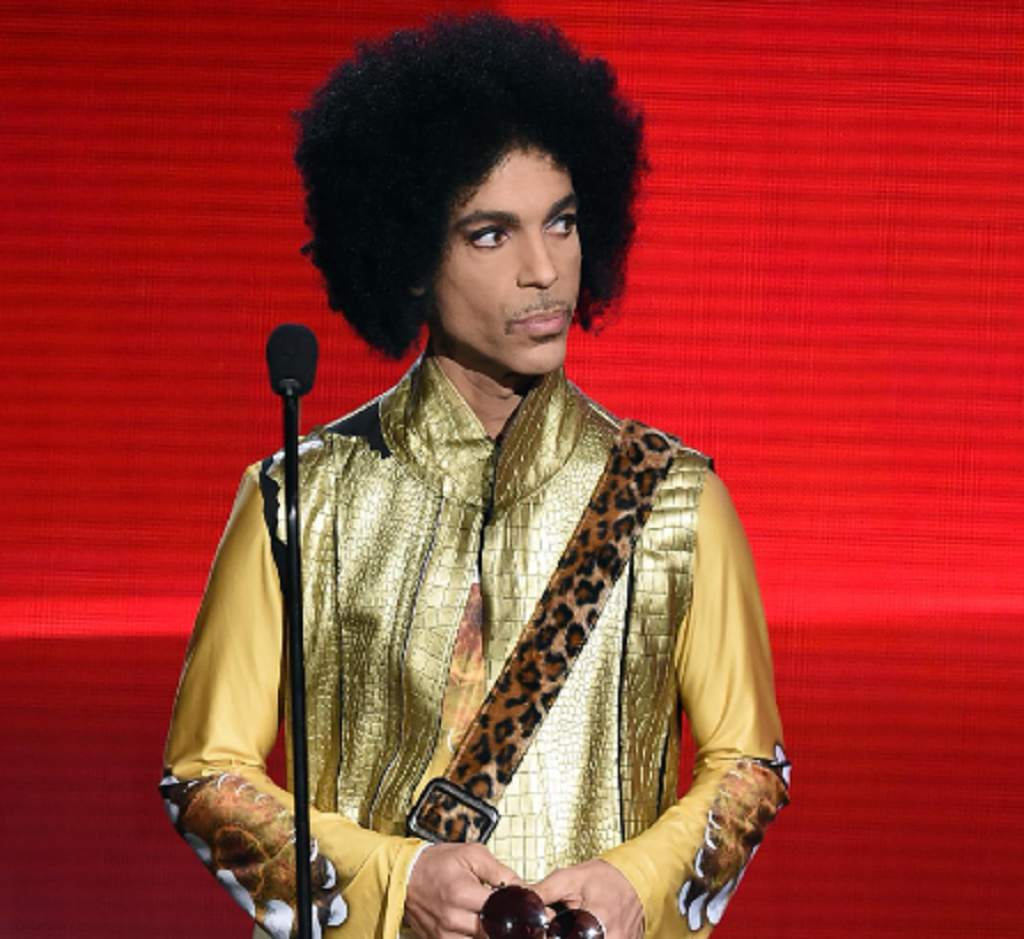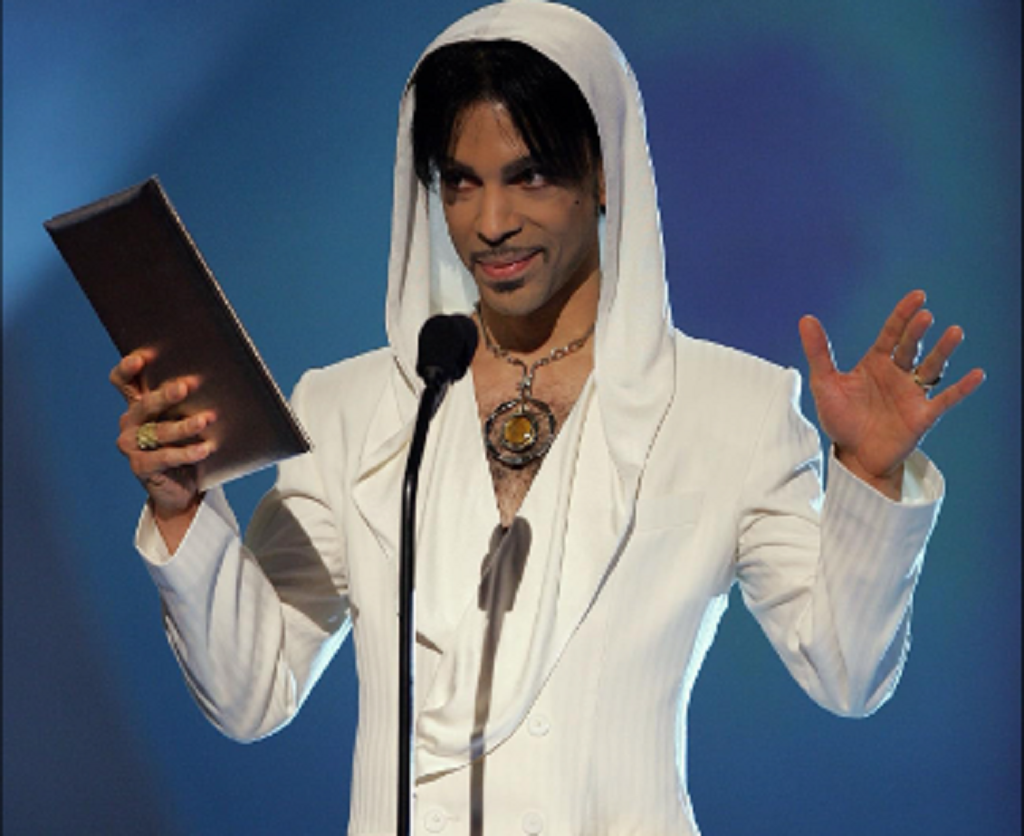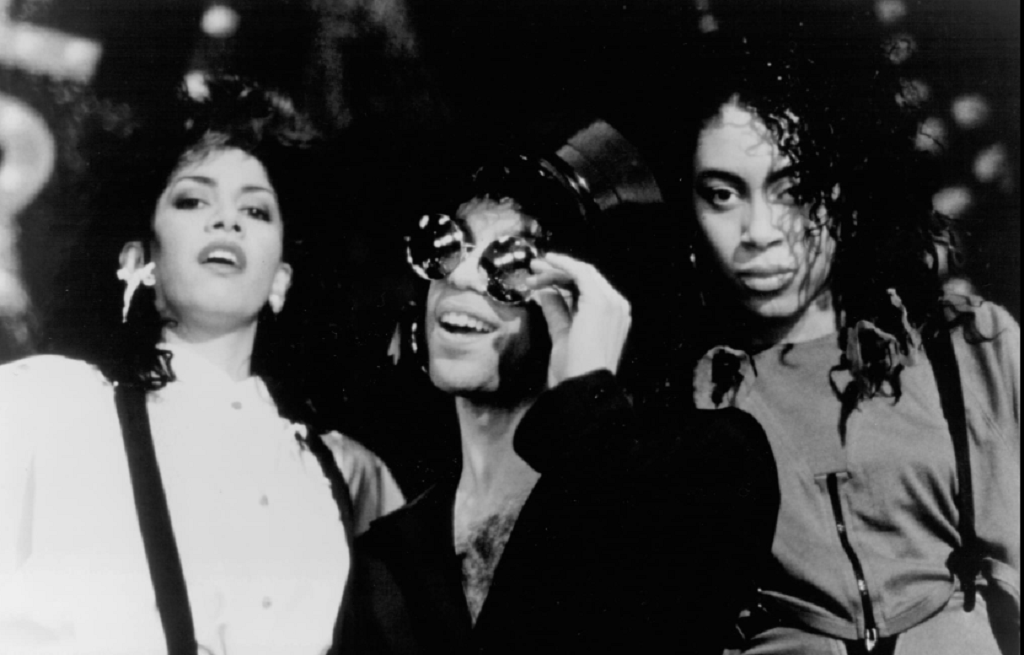People have long been fascinated by Prince Rogers Nelson Ethnicity, a subject that has sparked curiosity and speculation.
Prince captivated audiences with his flamboyant style and exceptional talent. With a wide vocal range and mastery of multiple instruments, he produced his albums, shaping the unique Minneapolis sound.
His genre-defying music incorporated funk, R&B, rock, and new wave. Prince left an indelible mark on the music industry from his early albums like “Purple Rain” to his critically acclaimed work “Sign o’ the Times.”
Despite a name change dispute, he remained enigmatic, releasing hit after hit.
Tragically, Prince passed away in 2016, leaving behind a vast collection of unreleased material and a legacy as one of the most excellent musicians of all time.
Also Read: Vicky Gomersall Sky Sports: Career, Husband & Net Worth
What Was Prince Rogers Nelson Ethnicity?
Prince’s ethnicity reflected his diverse heritage. He was born to African American parents in Minneapolis, Minnesota.
His father, John L. Nelson, was of African American and Louisiana Creole descent. His mother, Mattie Della Shaw, also had African American roots. However, Prince’s ancestry extended beyond African American heritage.
He had Native American ancestry from his father’s side, specifically from the Choctaw and Cherokee tribes. This connection to indigenous heritage was an essential aspect of his identity.

Furthermore, Prince’s ethnicity was also influenced by his mother’s side. Mattie Della Shaw had European American ancestry, with her family hailing from Italy. This European lineage added another layer to Prince’s rich ethnic background.
Prince’s diverse heritage played a significant role in shaping his identity and artistic expression. He celebrated his multiracial background and embraced various cultural influences in his music and style.
His ability to blend different genres and incorporate diverse musical elements showcased his appreciation for cultural diversity.
Also read : Meet Dominic Fike Mom Jessica Fike-McCann And Dad David Fike- Siblings And Family
What Was Prince Rogers Nelson Religion?
Prince’s religious beliefs and spirituality were integral to his life and artistic expression.
Raised as a Seventh-day Adventist, he grew up attending church services and adhering to the teachings of his faith.
However, as he matured, Prince’s spiritual journey took him on a path of exploration and individuality. In the early 1990s, Prince became associated with the Jehovah’s Witnesses and embraced their beliefs.
He engaged in door-to-door evangelism and even mentioned his faith in some songs.
Prince’s religious transformation influenced his lifestyle choices, such as refraining from explicit lyrics and incorporating themes of spirituality and morality in his music.
Prince’s spiritual beliefs were complex and evolved despite his affiliation with the Jehovah’s Witnesses. His lyrics often contained religious imagery and references to God, reflecting a deep sense of spirituality.

However, he also explored themes of sensuality and human desire in his music, showcasing a juxtaposition between the sacred and the sensual.
Prince’s relationship with religion and spirituality was deeply personal, and he rarely spoke explicitly about his beliefs in public.
Instead, he allowed his music to serve as a vessel for expressing his spiritual journey and connecting with audiences on a deeper level.
In summary, while Prince’s religious journey led him to embrace the teachings of the Jehovah’s Witnesses for some time, his spirituality was multifaceted and encompassed a broader range of beliefs.
His music served as a medium through which he expressed his spiritual and religious explorations, profoundly impacting his fans and the music industry as a whole.
Also read : What Is Don Lemon Race? Origin Jewish Faith And Ethnicity
Prince Rogers Nelson Origin and early life Explored.
Prince Rogers Nelson had a diverse and fascinating origin. His parents, Mattie Della and John Lewis Nelson, hailed from Louisiana, instilling a connection to his African American roots in Prince.
Additionally, Prince’s family tree revealed intriguing connections.
His grand-aunt, Mittie Maude Lena Gordon, was a prominent black nationalist who advocated for African American emigration to West Africa as a response to white supremacy.
Prince’s early exposure to music came from his parents, with his father being a pianist and songwriter and his mother a jazz singer. His father performed under the stage name Prince Rogers, and it was this name that Prince inherited.
Although he disliked his given name, he developed a nickname, “Skipper,” which stuck throughout his childhood.
From a young age, Prince displayed musical talent. At just seven years old, he wrote his first song, “Funk Machine,” on his father’s piano.

His passion for music deepened over the years, nurtured by his father’s encouragement and his sibling, Tyka’s shared interest.
Prince had a complicated relationship with his stepbrother, Omarr, leading to him frequently changing residences between his parents.
Prince attended Bryant Junior High and Central High School in Minneapolis during his formative years.
He excelled in sports, playing football, basketball, and baseball. In addition to athletics, he pursued ballet training at the Minnesota Dance Theatre, demonstrating his diverse artistic interests.
Prince’s journey from his vibrant Minneapolis upbringing to becoming a musical legend was shaped by his early exposure to various musical influences and his unwavering dedication to honing his craft.
You May Also Like: Ruben Catt Age: How Old Is The Actor? Parents And Siblings

